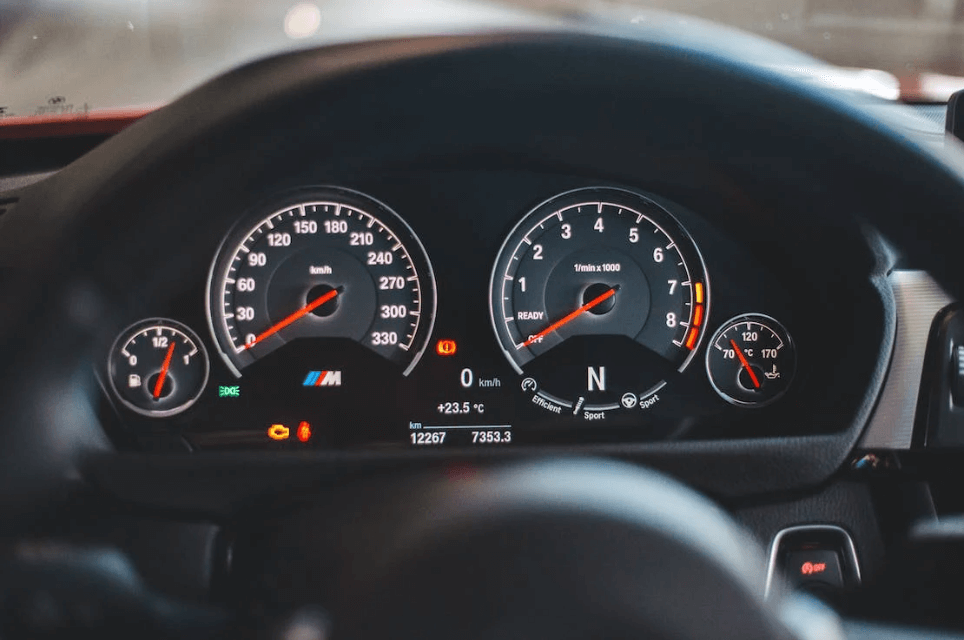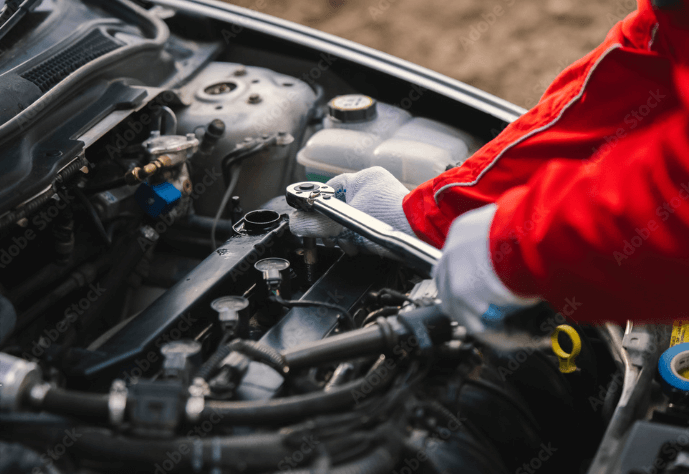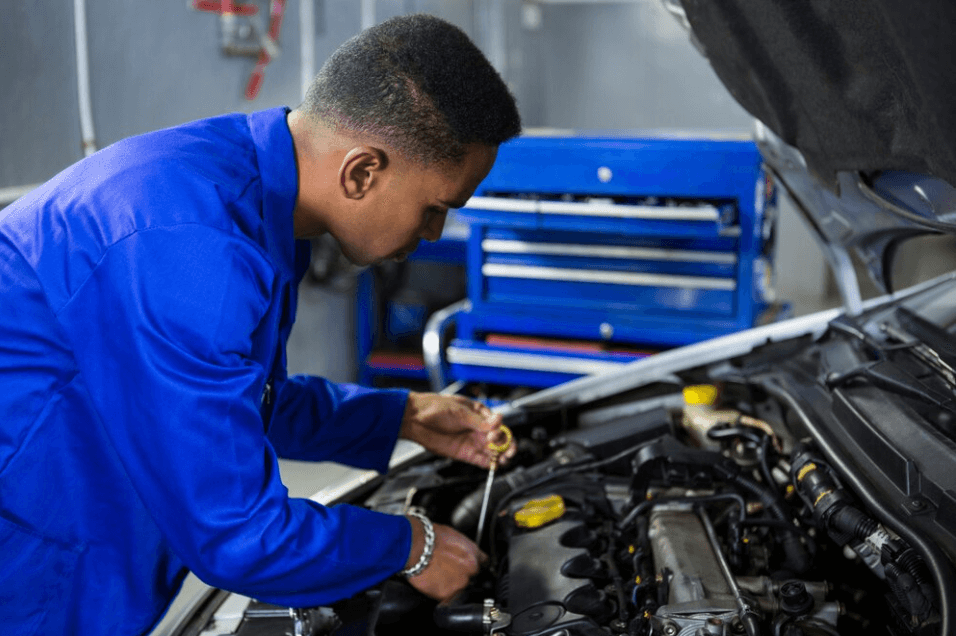Routine maintenance is the heartbeat of a well-functioning system in any car. It ensures that everything runs smoothly and efficiently. Before you go to your mechanic for routine car maintenance, ask yourself this question: What are the items to be included in routine maintenance? The knowledge of these items will give you a pre-experience of what the mechanic will do in your car. Having been equipped with information will give you room to checkmate what your mechanic is doing; if he is trying to cut corners, you will be able to know.
In this guide, I’ll uncover 10 essential items to be included in routine maintenance and why they play a crucial role in keeping things in tip-top shape. You will also learn the benefits you will derive from routine car maintenance.
Does this sound like something you want to learn? Feel free to join me as I get right into it.
What are the items to be included in routine maintenance?
Routine maintenance, or scheduled maintenance, is key to preventing issues and prolonging the lifespan of your valuable items. Below are 10 items to be included in the routine maintenance of your car.
1. Oil Changes
One of the most vital routine maintenance items is the regular changing of the oil in your car. You need to make it a habit to change your car’s oil monthly or bimonthly, as it is convenient for you. This ensures that your engine stays properly lubricated, preventing friction and reducing wear and tear.
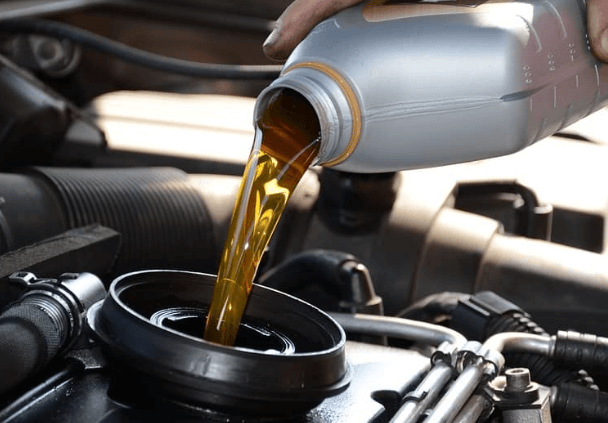
2. Air Filter Replacement
Another item to be included in routine maintenance is an air filter. The air filter is like the lungs of your vehicle or HVAC system. Routine replacement ensures proper airflow, improves efficiency, and prevents potential damage.
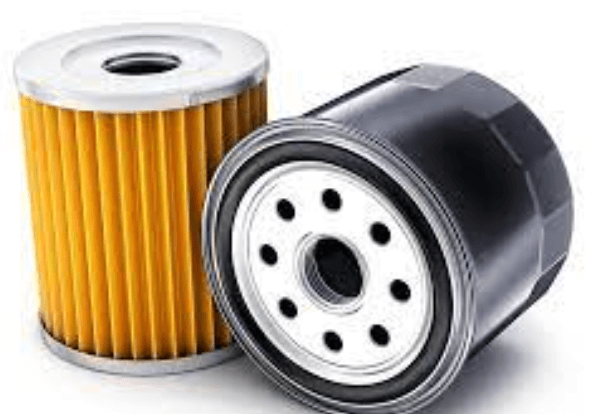
3. Tyre Inspection and Rotation
A tyre is another important item to be included in routine maintenance. Your safety on the road depends on well-maintained tyres. Regular inspections, proper inflation, and rotation help extend tyre lifespans, enhance fuel efficiency, and provide better handling.
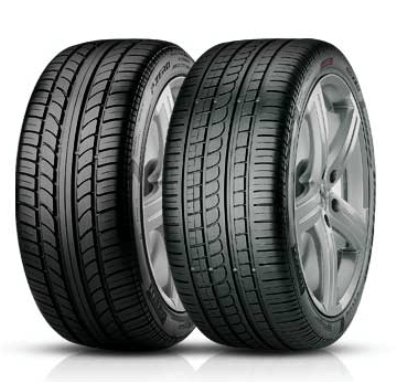
4. Battery Checks
You want to include a battery check in your routine car maintenance. Don’t let a dead battery catch you off guard. Routine battery checks help identify issues early on, preventing unexpected breakdowns and ensuring your vehicle starts reliably.
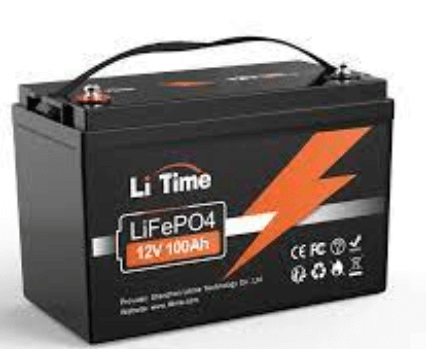
5. Brake System Servicing
Scheduled maintenance should always include a thorough inspection of your braking system. Brake failure is a major cause of road crashes. A proper check of your braking system will ensure your brakes are in optimal condition. This will promote safety and prevent costly repairs and road car crashes.
6. Fluid Level Checks
A crucial part of routine car maintenance is a fluid level check. From coolant to transmission fluid, keeping an eye on fluid levels is essential. You must maintain proper fluid levels to prevent overheating and ensure the smooth operation of your vehicle or machinery.
7. Inspect Belts and Hoses
Belts and hoses are essential items to include in routine car maintenance. These are important pillars of your engine. Regular inspection and replacement prevent potential failures, keeping your engine running smoothly.
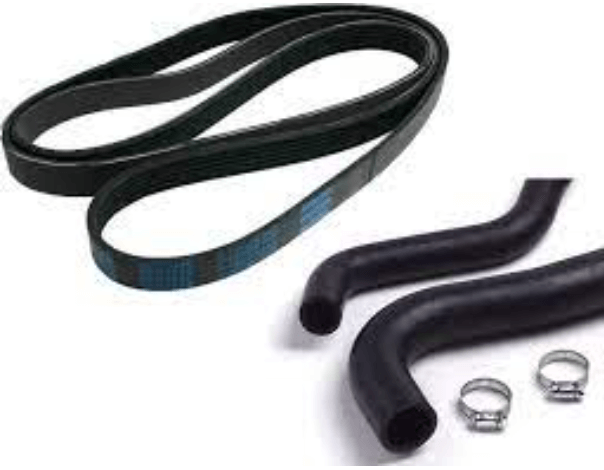
8. Cleaning and lubrication
Routine maintenance isn’t just about replacing parts; it’s also about cleaning and lubricating components. Some components of your vehicle may not necessarily need a change; all that is required to make them perform optimally is cleaning and lubrication. Once you clean and lubricate them, it will prevent them from rusting, reduce friction, and keep everything working seamlessly.
9. Check Lights and Wipers
You need to include wipers and lights in your car’s routine maintenance. Don’t overlook the basics. Regularly check your lights and windshield wipers. Proper illumination and clear visibility are crucial for safe driving. Especially during the rain and winter.
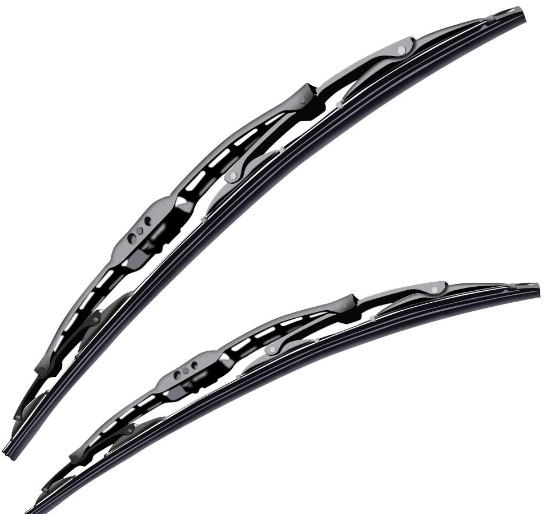
10. HVAC System Maintenance:
You need to maintain the air conditioning systems of your car; it is essential. This ensures energy efficiency, prolongs the lifespan of the car, and maintains a comfortable, well-ventilated environment for you while driving.
Remember, routine maintenance isn’t just about fixing things when they break; it’s about preventing issues in the first place. By including these periodic maintenance items in your schedule, you’re investing in the longevity and reliability of your valuable vehicle. So, don’t wait until things go awry—stay proactive with your car’s routine maintenance.
Advantages of Routine Car Maintenance.
When you look at routine car maintenance, it’s easy to overlook, yet the benefits it brings to the table are invaluable. Below are the advantages of routine maintenance, and discover why incorporating it into your schedule is a wise choice.
1. Enhanced Durability and Performance
One of the primary benefits of routine maintenance is its positive impact on the lifespan and performance of your car. By regularly servicing and checking for wear and tear, you ensure that each component operates at its best, ultimately extending the lifespan of your valuable car asset.
2. Preventive Maintenance: A Proactive Approach
Routine maintenance is synonymous with preventive maintenance—a proactive strategy that aims to identify and rectify potential issues before they escalate. This not only saves you from unexpected breakdowns but also minimizes the risk of costly repairs down the line.
3. Cost Savings with Advantages of Preventive Maintenance
Another advantage of routine car maintenance is cost savings. Routine car maintenance translates to significant cost savings in the long run. Addressing minor issues during scheduled maintenance prevents them from evolving into major problems that demand extensive and expensive repairs. It’s a smart investment that pays off over time.
4. Smooth Operations with Regular Maintenance
Regular maintenance ensures that your equipment runs smoothly, contributing to the overall efficiency of your operations. Whether it’s a vehicle, machinery, or any other asset, scheduled upkeep keeps everything in optimal working condition.
5. Scheduled Downtime: Minimizing Disruptions
Routine maintenance allows for scheduled downtime, which means you can plan for maintenance during off-peak hours, minimizing disruptions to your workflow. This strategic approach ensures that your business processes continue without unnecessary interruptions and headaches from your car.
6. Improved Safety Standards
Safety is paramount in any setting. Regular maintenance checks help identify and rectify potential safety hazards, creating a secure environment for both you and your vehicle. It’s a proactive step toward accident prevention and compliance with safety regulations.
7. Environmental Impact: Benefits of Regular Maintenance:
By ensuring your car operates efficiently, routine maintenance contributes to reducing environmental impact. A well-maintained car tends to be more fuel-efficient, emitting fewer pollutants and conserving energy. Therefore, contribute to a greener environment.
8. Boosted Resale Value:
Vehicles that undergo routine maintenance retain a higher resale value. You want to keep, a well-documented history of regular maintenance on your car. This upkeep enhances the asset’s market value when it comes time to sell or upgrade.
In conclusion, the benefits of routine maintenance are diverse, ranging from cost savings to improved safety and environmental responsibility. Embracing routine maintenance is not just a prudent decision; it’s a proactive investment in the longevity, efficiency, and reliability of your assets. So, make it a point to schedule regular maintenance, and reap the rewards it brings to your business and peace of mind.
This post has itemised all the items that are important to be included when you are doing routine car maintenance. you have also seen the advantages of this routine car maintenance. this information is purposely written to guide you in handling your cars. Use this information as a guide; you will be happy you did.
Let’s meet in the comment section below for your comments, questions, and suggestions.

With Over 7 years of experience dealing with car owners as a car lease agent, I have gained matchless car knowledge to help every car owner know what exactly is wrong with their cars.

